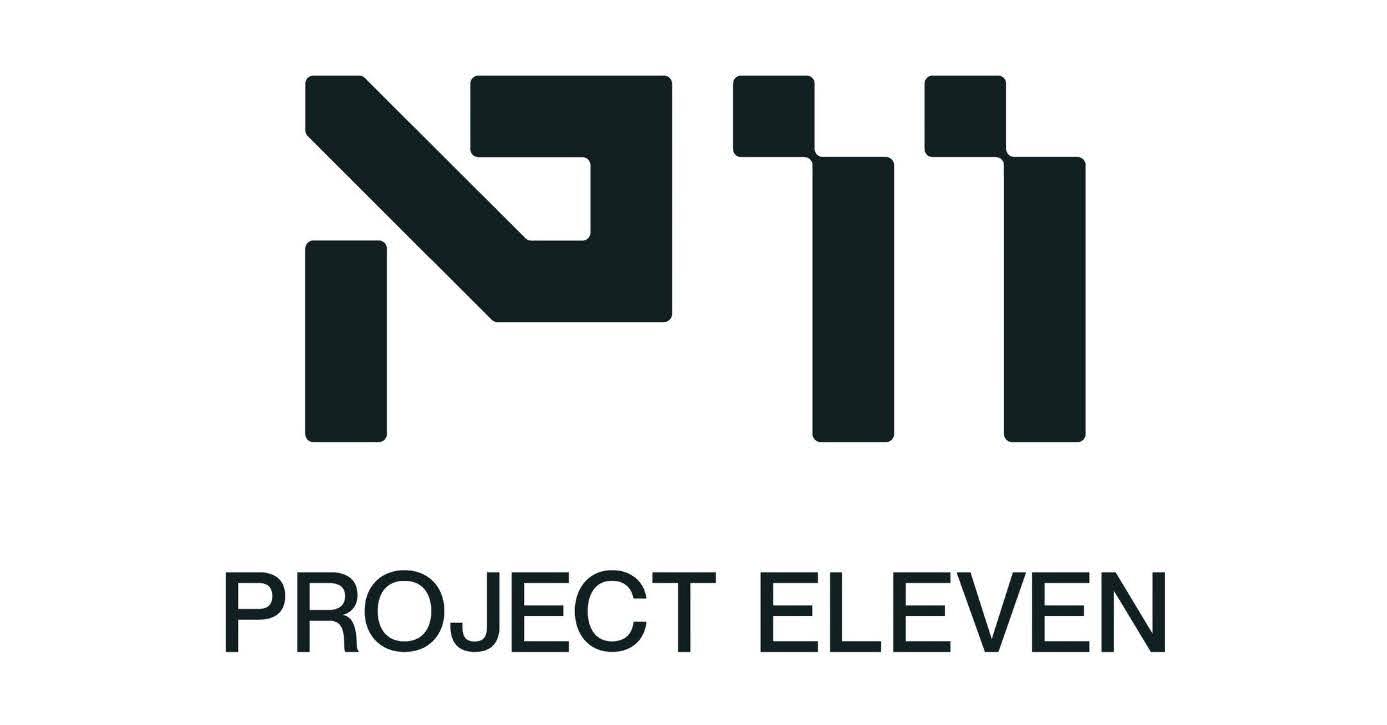U.S. Economic Data Now Immutable on Blockchain, Setting Global Transparency Standard
- Chainlink and Pyth partner with U.S. Department of Commerce to bring key economic data onchain via BEA metrics. - Data is accessible on major blockchains, enabling DeFi innovations like inflation-linked products and real-time prediction markets. - U.S. aims to enhance transparency and position as blockchain leader, with PYTH and LINK tokens surging post-announcement. - Global adoption trends emerge as U.S. sets precedent for blockchain-based data distribution, fostering trust and accessibility.
Chainlink and Pyth have joined forces with the U.S. Department of Commerce to bring critical government economic data onchain, marking a significant step in the integration of blockchain technology into public data infrastructure. This initiative, which involves the Bureau of Economic Analysis (BEA), delivers key macroeconomic metrics—including Real Gross Domestic Product (GDP), the Personal Consumption Expenditures (PCE) Price Index, and Real Final Sales to Private Domestic Purchasers—directly to blockchain networks [1]. The data is now accessible through Chainlink Data Feeds on ten major blockchain networks, including Ethereum , Avalanche , and Optimism [6]. The release of these data points is expected to drive innovation in decentralized finance (DeFi) and beyond, enabling new applications such as inflation-linked products, automated trading strategies, and real-time prediction markets [5].
The U.S. government’s decision to move economic data onchain reflects a broader effort to enhance transparency and accountability in public spending. By leveraging blockchain’s immutable and transparent nature, the administration aims to modernize how data is shared and accessed, ensuring tamper-proof records that can be verified by anyone. This initiative is part of a larger strategy to position the United States as a global leader in blockchain and digital asset innovation. The Department of Commerce, under Secretary Howard Lutnick, has emphasized the importance of embracing decentralized infrastructure, a move that aligns with President Donald Trump’s pro-crypto agenda [4].
Pyth Network, another key player in the project, has been selected by the Department of Commerce to verify and distribute economic data onchain. Initially, Pyth will publish quarterly GDP data dating back five years, with plans to expand to other datasets [3]. The project underscores Pyth’s role as a decentralized oracle system, delivering real-time financial market data to blockchain networks. This initiative not only validates the importance of oracles in securing and disseminating data but also highlights the growing trust in decentralized systems to underpin official government processes. The Pyth token (PYTH) surged nearly 70% following the announcement, reflecting investor enthusiasm [4].
Chainlink, a leader in oracle infrastructure, has been instrumental in ensuring the secure delivery of BEA data to the blockchain. The Chainlink Data Feeds provide enterprise-grade access to macroeconomic data, backed by ISO 27001 certification and SOC 2 Type 1 attestation [5]. The company has deepened its engagement with U.S. policymakers in 2025, including meetings with the Securities and Exchange Commission (SEC) and participation in the development of the GENIUS Act, a landmark stablecoin regulation bill [5]. These efforts have positioned Chainlink as a trusted infrastructure provider for both institutional and Web3 users.
The integration of government data into the blockchain ecosystem has already triggered positive market reactions. Chainlink’s native token (LINK) experienced gains of over 5% following the announcement, while Pyth’s token (PYTH) surged nearly 50% [6]. This momentum is expected to continue as developers begin to build new applications using the newly available data. The initiative could also spur broader adoption of tokenized assets, stablecoins, and other financial instruments that rely on macroeconomic inputs [7]. By creating a secure and transparent environment for data sharing, the U.S. government is setting a precedent for other nations to follow in the pursuit of blockchain-based data distribution [6].
As the U.S. government moves forward with this initiative, it is not alone in its efforts. Similar proposals are emerging in the Philippines, the United Kingdom, and El Salvador, signaling a global shift toward blockchain-based public data infrastructure [7]. For the U.S., this collaboration with Chainlink and Pyth represents more than just a technological upgrade—it is a strategic investment in the future of finance, where transparency, accessibility, and trust are foundational.
Source:
[1] Chainlink Blog
[2] Chainlink Price, LINK Price, Live Charts, and Marketcap
[3] The U.S. Department of Commerce is Working with Pyth ...
[4] PYTH goes parabolic as Trump admin taps blockchain ...
[5] U.S. Department of Commerce and Chainlink Bring ...
[6] Chainlink and Pyth Selected to Deliver U.S. Economic Data ...
[7] Chainlink, Pyth Become Oracle Providers for US Government

Disclaimer: The content of this article solely reflects the author's opinion and does not represent the platform in any capacity. This article is not intended to serve as a reference for making investment decisions.
You may also like
Solana Runs Quantum-Resistant Signatures on Testnet, Taking a Major Step Toward Post-Quantum Security

Solana ETP Scores a Major Victory with Brazil B3 Exchange Listing